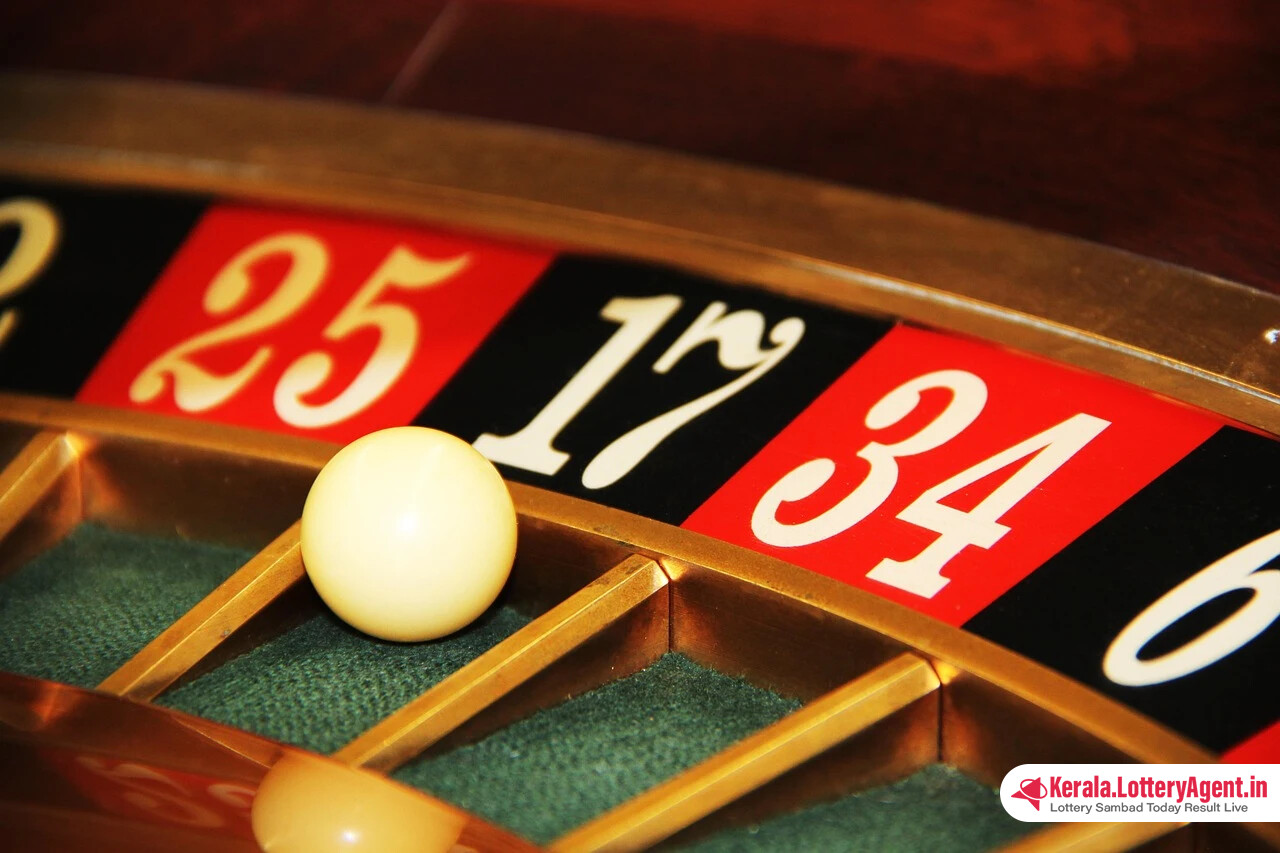
In the center of a finance policy dispute, casino operators in the UK have directed criticism towards the government, claiming that a ‘stealth tax’ through the freezing of gaming duty bands has been imposed on the sector. The contention arose following the Autumn statement by the chancellor of the exchequer, Jeremy Hunt. The Betting and Gaming Council (BGC), which represents the land-based casino sector, issued a statement expressing disappointment, as operators had anticipated that these bands would rise in accordance with inflation, a change that was previously halted in March.
According to the BGC, the government’s decision to maintain the current gaming duty bands is tantamount to a £25 million tax hike spread over the next half-decade. Executives in the industry, as well as the BGC, are lobbying the chancellor to reconsider this stance, arguing that an adjustment in line with inflation would give much-needed support to a sector currently grappling with escalating wage costs and inflation pressures.
The ‘stealth tax,’ as labeled by Michael Dugher, chief executive of the BGC, has the potential to hinder the industry’s recovery and inhibit future growth. In Dugher’s opinion, the elimination of this additional tax burden would offer a significant boost to land-based casinos during a pivotal period. Conversely, maintaining current policy equates to a squandered opportunity for businesses that are poised to create jobs and stimulate investment throughout the UK.
Putting the issue into perspective, the BGC highlighted that casinos contribute approximately £300 million each year in taxes and provide an estimated £800 million a year in gross value to the entire economy. Despite this substantial economic contribution, casinos have faced severe challenges in recent times. The cost-of-living crisis has impacted the entire hospitality sector, leading to the closure of four casinos in the past few months alone. Moreover, employment in the sector has dropped by 25% compared to four years ago. The landscape has changed drastically since 2005, with the number of casinos plummeting by a quarter, leaving only 117 establishments operational across the country.
The BGC has broadly endorsed the government’s gambling white paper, particularly regarding casino reform, which includes proposals on affordability checks, sports betting, and machine numbers. The industry awaits the implementation of what Dugher describes as ‘modest but mission-critical policy changes.’ However, he argues that maintaining the current taxation level while failing to enact supportive regulatory changes is a myopic approach that restricts the sector’s capacity to both hire and expand. The BGC is vehemently advocating for a policy U-turn at the nearest opportunity to allow gaming duty bands to rise with inflation.
Furthermore, emerging from the Autumn Statement was the announcement that the government plans to consult on streamlining the remote gambling tax system. Currently, remote gambling, which encompasses internet betting, telephone, TV, and radio betting, is subjected to three forms of taxation: remote gaming duty, general betting duty, and pool betting duty. Chancellor Hunt intends for the government to “shortly” consult on proposals to overhaul the taxation system for remote gambling, potentially simplifying the structure to a single tax in place of the existing tripartite system.
The proposed reforms and the debate surrounding them underscore the critical state of the UK’s casino industry as well as the necessity for regulatory and fiscal policies that balance the government’s need for revenue with the industry’s capacity for sustainable operation and growth. With the BGC’s assertive push for changes in the taxation regime, the upcoming period will be pivotal in determining the trajectory of the UK’s gaming and gambling sector.












